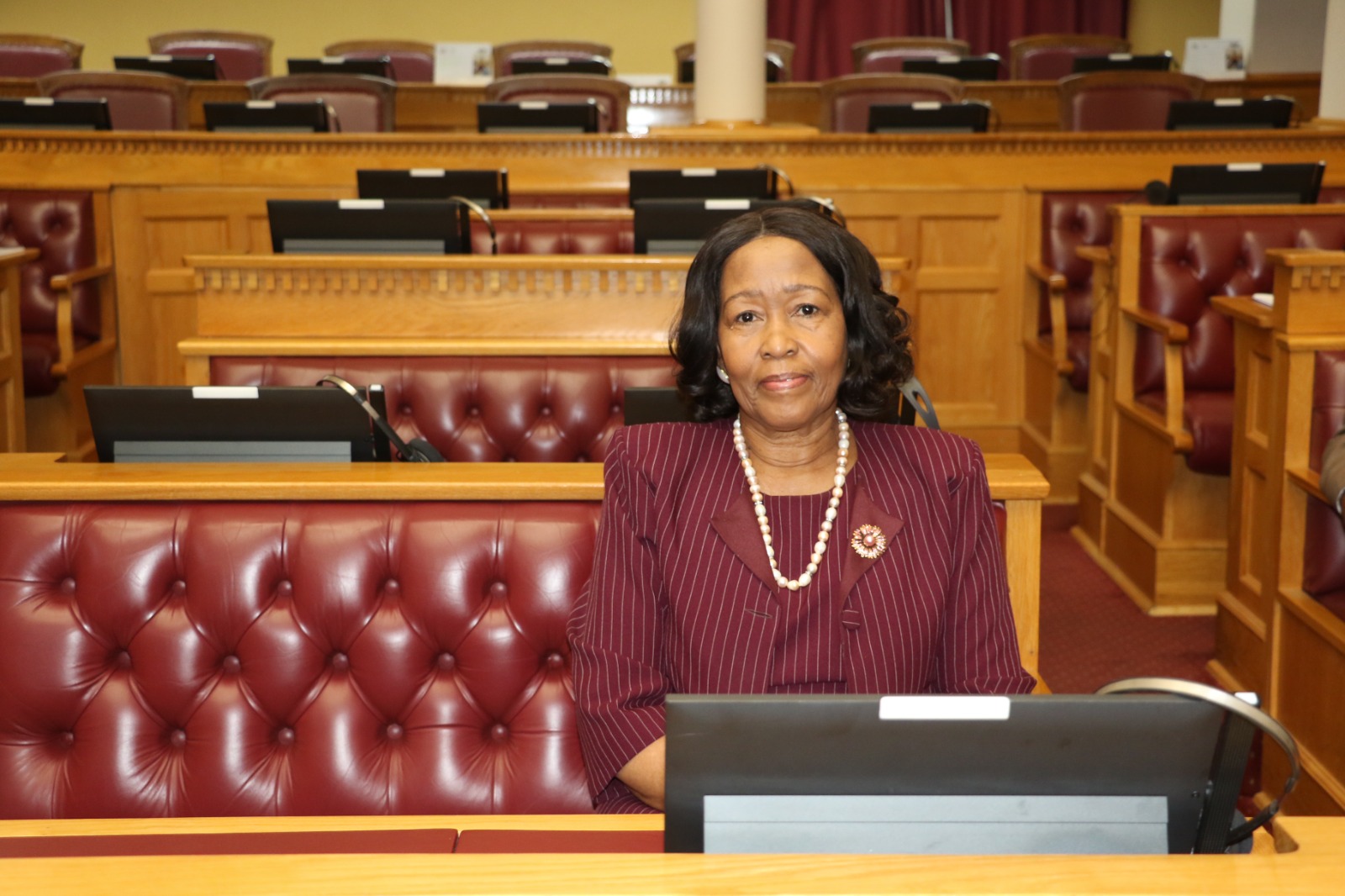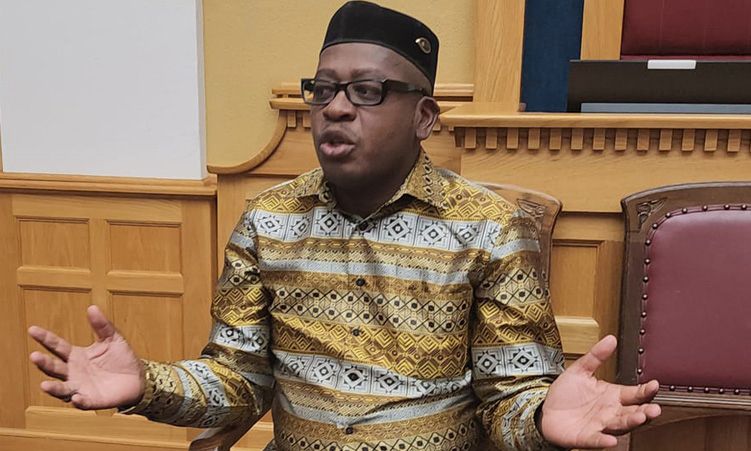EFFORTS at harnessing the continent’s largely untapped water resources may soon be under way, following the backing of African ministers for a proposal attempting to secure US$65 billion (N$650 billion) for the building of critical hydropower and agricultural irrigation systems across the continent.
The ministers attended a three-day pan-African ministerial conference recently, which was hosted by Libya in Sirte, and anchored by the United Nations Food and Agriculture Organisation (FAO) in collaboration with the African Union, the African Ministers’ Council on Water Development, the African Development Bank and the Economic Commission for Africa.
It brought together ministers from 53 African nations with the theme ‘Moving From Talk To Action’.
Sub-Saharan Africa – already suffering from the world’s highest rate of malnourishment – needs to triple its food production by 2050 to feed a population predicted to balloon to two billion people, while also expected to be the hardest-hit by climate change.
In a final declaration, delegates noted that water is a key resource to economic and social development, as well as, to hunger and poverty eradication. The meeting was wrapped up with a pledge to work together in promoting water development throughout the continent and to fully exploit Africa’s agricultural and hydropower potential.
While calling on donors, development partners and countries bordering on Lake Chad – once the world’s sixth largest lake but has now shrunk to a tenth of its size – to help save the lake and its basin from a ‘looming human and environmental disaster,’ the Conference agreed to foster climate change research, as well as promote the development of renewable energy and agriculture in Africa.
Under the proposal, the FAO is pushing for a US$65 billion, 20-year ‘Blue Revolution’ water management programme designed to exploit Africa’s natural resources by providing investment for water control at the village level, extensive irrigation systems and developing major river basins for agriculture and hydro-energy generation.
Water management is a key element in food security, FAO Director General Jacques Diouf said at the conference.
– Guardian.co.uk
Stay informed with The Namibian – your source for credible journalism. Get in-depth reporting and opinions for
only N$85 a month. Invest in journalism, invest in democracy –
Subscribe Now!










